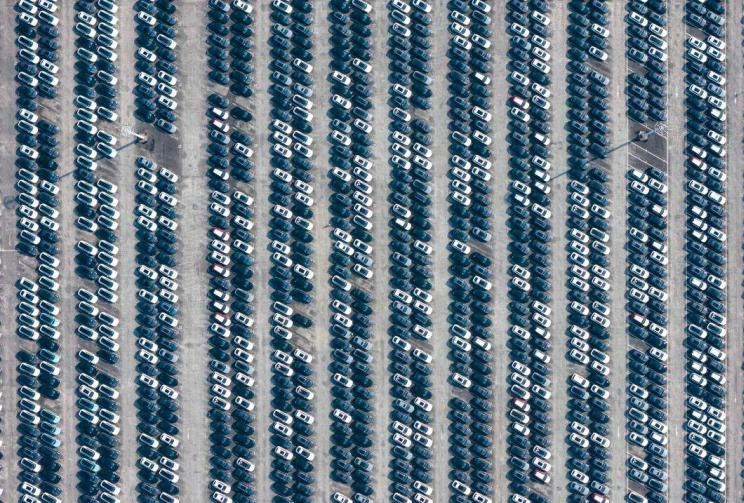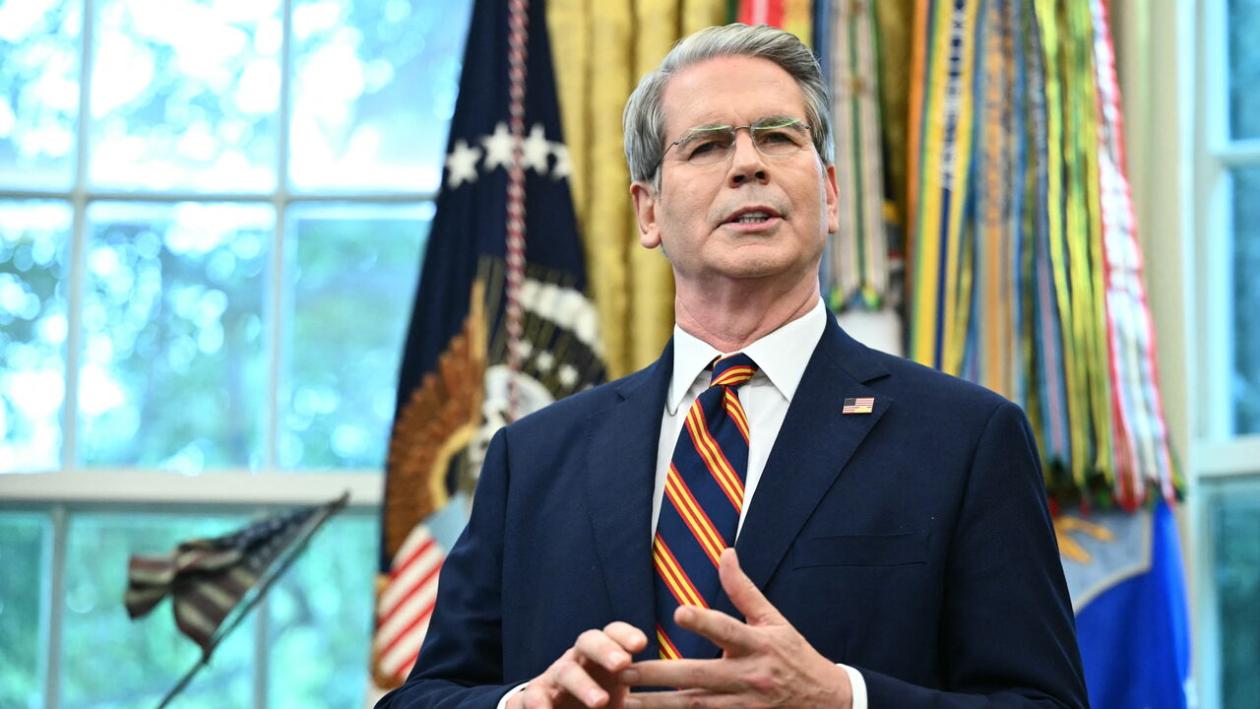
Germany said Wednesday that the European Union has threatened to impose additional tariffs on Chinese electric cars following an anti-subsidy investigation, a move that could spark a "trade war." The German car giant warned that such a move would backfire.
German Transport Minister Joachim Wiesing said: "The European Commission's punitive tariffs hit German companies and their top products.
"Lower car prices need to come through more competition, open markets and better business conditions, not through trade wars and market isolation."
The European Commission announced Wednesday that it will impose additional duties of up to 38.1 percent on electric vehicles imported from China starting July 4.
China is an important market for German carmakers, especially Volkswagen. Industry insiders have warned that the new tariffs could trigger retaliatory measures.
After the announcement, Volkswagen said it refused to impose tariffs. "The negative impact of this decision outweighs any potential benefits for the European and German automotive industries in particular," it said in a statement.
Mueller, president of Germany's automotive industry association, said tariffs "will not solve" the challenges facing the industry, but instead called for efforts to make Europe a more attractive place for manufacturers.
Mercedes CEO Kang Linsong also expressed concern, saying: "As an exporter, we don't need ever-increasing trade barriers. Lifting restrictions and expanding fair and free trade has led to economic growth. So we shouldn't go the other way right now."
At the same time, German government spokesman Herberstreit welcomed the prospect of a negotiated settlement of the dispute by the European Commission before the tariffs take effect provisionally on July 4.
He told a press conference: "From our point of view, it would be very desirable if we could reach an amicable solution. We don't need further trade barriers, but we have to promote world trade and we have to be fair."

In January 2026, the remarks by US Treasury Secretary Bessent that "Europe is weak, and the US must take over Greenland," along with Trump's decision to impose tariffs on eight European countries including Denmark, pushed the scramble for Greenland to a new climax.
In January 2026, the remarks by US Treasury Secretary Besse…
Less than three weeks into 2026, transatlantic trade relati…
On January 17, 2026, the Trump administration, under the pr…
When Musk set the goal of achieving a launch frequency of m…
A week after the largest nationwide protests in years, the …
Europe is currently facing a profound diplomatic and strate…